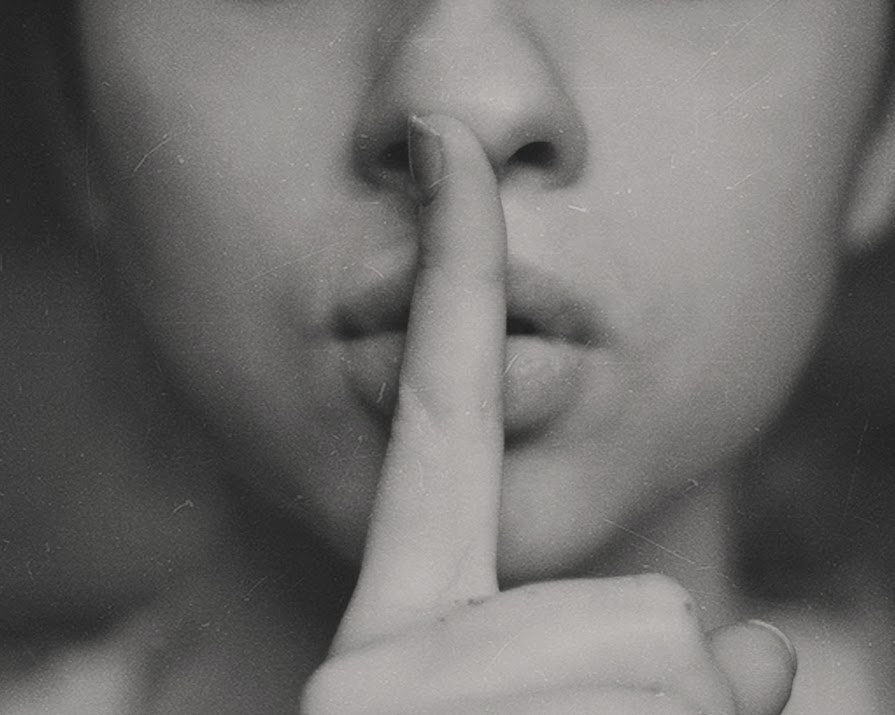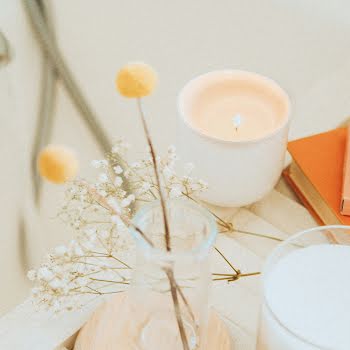
By Amanda Cassidy
29th Oct 2023
29th Oct 2023
My world is noisy. In fact, it's been increasingly noisy for more than a decade.
I’ve three children, two dogs, a demanding career, an extrovert husband, four siblings. The radio is always on. Requests for snacks, to repair torn tracksuit bottoms, to give someone a lift are endless, and that’s before the fights over which kid the dogs love best, over unequal slices of cake, of disproportionate bedtime comparative to age. The phone beeps, the dishwasher churns, the builders next door sing Beyoncé all day. I put my headphones in so I can write, just to drown the noise. It’s exhausting, and I’m not alone.
Shhhh!
As a quiet person, the background cacophony to my life particularly jars. The World Health Organisation agrees. It has come out to say that our world is too noisy and that this is harming our health.
Of course, for centuries we have known the importance of quietness: in many religions, silence is promoted as a vital healing process. Silent retreats, an escape to a quiet holiday home, walks in the countryside, meditation, floatation tanks. Experts and research studies confirm that, especially in our loud world, time spent in silence can bring numerous health benefits.
Apart from the obvious mindfulness, sitting with quiet can help reduce blood pressure. Another study found that a two-minute period of silence after listening to music significantly reduced subjects’ heart rate and blood pressure. Even compared to slow, relaxing music, silence resulted in greater decreases in these important measures of heart health.
Peace
Scientists are continuing to discover the benefits of turning down the noise dial on physical and emotional wellbeing.
Quieting the mind can boost brain growth, according to a 2013 animal study in mice. Researchers found that when mice were exposed to two hours of silence each day, they developed new cells in the hippocampus. The hippocampus is the brain region that’s linked to our memory, emotions, and ability to learn.
The brain needs time to think, reflect, and rest. It needs time to file away the stuff it has already learned and make room for the new information.
“When we’re frazzled, our fight-or-flight response is on overload causing a host of problems,” says psychologist Amy Sullivan. “We can use calm, quiet moments to tap into a different part of the nervous system to help shut down our body’s physical response to stress.” Those responses can increase heart rate, increase muscle tension, quicken our breathing.
In fact, neuroscientists now say that spacing out can create opportunities to rest, relax and recharge. “Learning to sit in stillness and self-reflect is one of the greatest gifts we can give ourselves and our kids,” says Dr. Sullivan. “When we look internally and delve deeper into our value system and wants and needs, we can communicate at a deeper level. We have to foster that ability.”
Wellbeing
As an introvert, I already understand that I need silence to recharge my creativity and energy levels. It doesn’t mean that I get it though.
Then there are people like a friend of mine who can’t bear to be alone or have any level of quiet. When I speak to her about it for the article she explains why. “The absence of sound suggests emptiness to me. Like I have FOMO that there are things happening and I’m not part of it when it’s too quiet. Maybe I’m just not comfortable with it yet. I’ll always make sure I have the TV on in the background.”
From podcasts to Netflix binges, schoolyard obligations and parental duties, I don’t get as much quiet as I like and need. But understanding its importance to my mental health has been a revelation. I’ve given myself permission to seek it out and guard it fiercely. It’s why I’m embarking on a writing retreat in the hills of the countryside soon. I plan to nature bathe and think and read and maybe even write.
It will be glorious. It will restore my energy. It will be deliciously silent.
This article was originally published in August 2022.
























